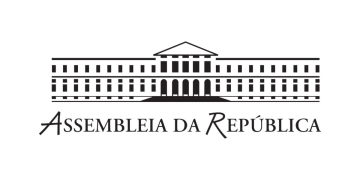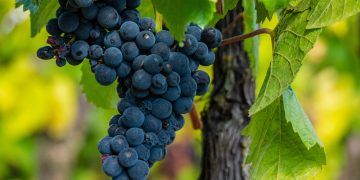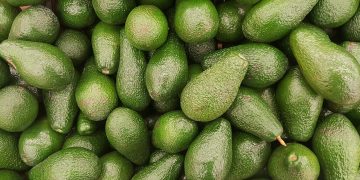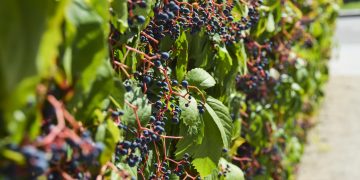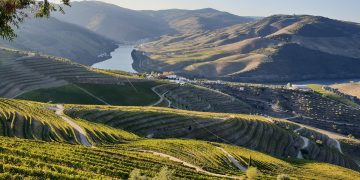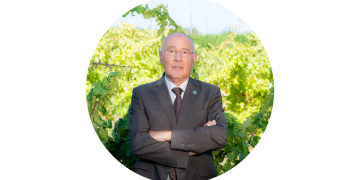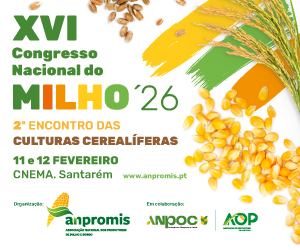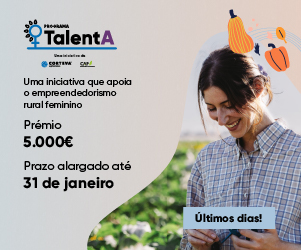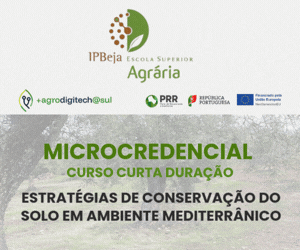Kenya’s food insecurity is as old as the country’s independence.
The country’s first president, Mzee Jomo Kenyatta committed to fighting disease, ignorance, and hunger, the three major problems that affected Kenya then.
Sixty years and five presidents later, hunger is still our biggest national challenge. Amid this quagmire, many discussions exist on how to solve this chronic problem.
Currently, Kenya does not produce enough staple foods like corn, rice, and wheat as we did in the past.
Kenya is home to many international aid and development organizations that provide periodic reports on the country’s food security status.
Coupled with the government’s internal information, there is consensus that Kenya is a food-insecure nation.
Recently, Macharia Gaitho, one of Kenya’s renowned journalists, penned an article requesting the government to address the country’s food insecurity.
While the government has taken a bold step in subsidizing production by providing affordable fertilizer, Gaitho asserts that this will not address Kenya’s self-sufficiency problem.
Most of the food we import (corn, rice, wheat, sugar, and vegetable oil) are things we can produce locally.
Currently, Kenya does not produce enough staple foods like maize, rice, and wheat as we did in the past.
Simply put, we cannot feed ourselves and rely on food imports to cover the deficit.
In 2022, the nation’s food import bill was 1.35 billion dollars, up from Ksh.1.14 billion, an 18 percent increase, according to the Kenya National Bureau of Statistics.
Most of the food we import (corn, rice, wheat, sugar, and vegetable oil) are things we can produce locally.
This overdependence on imports is a time bomb because it does not address the self-sufficiency goal that Gaitho put forward.
Most reported anti-GM outbursts are founded on myths and unsound scientific reports.
While I agree with Gaitho’s views on addressing food insecurity in Kenya, I disagree with his mischaracterization of genetically modified (GM) crops.
Gaitho asserts that President William Ruto’s decision to lift the ban on the importation and cultivation of GM crops in Kenya is controversial because it fails to address the valid concerns raised about their safety.
In his piece, Gaitho says that the safety of GM foods will still be questionable regardless of lifting the 10-year ban.
As a biological scientist, I must categorically say that there are no issues with the safety of GM crops because there is no substantive scientific data that states otherwise.
Most reported anti-GM outbursts are founded on myths and unsound scientific reports.
If we must have a sober discussion about food insecurity in Kenya, we must also have a healthy conversation about GM foods.
Therefore, the safety concerns of GM foods raised by Gaitho in his column lack merit and have no scientific foundation.
If we must have a sober discussion about food insecurity in Kenya, we must also have a healthy conversation about GM foods.
Gaitho’s views on GM foods are founded on the prevailing misinformation in the country.
A report by the Alliance for Science found that from October 2022 to January 2023, there were 376 articles published by Kenyan media on GMOs.
About 151 pieces (40 percent) contained unchallenged damaging misinformation on GM foods.
The process of making GM crops is highly regulated and follows specific laws and principles with quality control checkpoints at different stages.
This misinformation primarily focuses on human health (80 percent), scientific consensus (10 percent), consumer access (4 percent), and soil health (3 percent).
This vast damaging misinformation on human health likely fuels the safety concerns of Kenya’s anti-GM activists.
Dr Sheila Ochugboju, the Alliance for Science executive director, has spoken passionately about the negative effects of misinformation about GM foods.
She is worried that the high level of misinformation on GMOs in Kenya creates a challenging environment for making informed decisions about the application of genetic engineering in agriculture.
This will subsequently hamper Kenya’s progress towards being food secure.
In further interviews on Citizen TV and KTN News, she reiterates that there is a robust scientific consensus that using genetic technologies to breed crops has no additional risk compared to old approaches.
In Kenya, many regulatory bodies, including the National Biosafety Authority, Kenya Plant Health Inspectorate Service, Kenya Bureau of Standards, and the Pest Control Products Board, guarantee the safety of the foods we consume.
Given Gaitho’s reputation and standing in society, his views on GM foods will likely significantly sway Kenyan society.
Therefore, it is crucial to counter this narrative with reliable scientific evidence.
The process of making GM crops is highly regulated and follows specific laws and principles with quality control checkpoints at different stages.
Why would a profit-making corporation and scientists spend vast resources to make unsafe food products?
Second, why would regulatory agencies approve unsafe products for human consumption?
In Kenya, many regulatory bodies, including the National Biosafety Authority, Kenya Plant Health Inspectorate Service, Kenya Bureau of Standards, and the Pest Control Products Board, guarantee the safety of the foods we consume.
Even as we proactively act to solve the problem of food insecurity, we must be cautious about our sentiments and opinions.
The biggest paradox is that we do not see the same backlash towards other GM products, such as antibiotics, insulin, and recombinant therapeutic proteins used to treat various diseases.
Yet, I must agree with Gaitho’s comments on the power dynamics and the inequities propagated by multinational corporations.
Given the negative public image of most multinationals, it is not a shock that there is an enormous mistrust towards their products.
Our government must address these concerns if Kenyans are to benefit from genetic engineering technologies.
The best way is to empower and fund local scientists and institutions to take advantage of these technologies.
The media have a more significant role as the social watchdog to ensure their communication to the public is accurate, responsible, and verifiable.
This will also give Kenyans a sense of ownership, control, and accountability.
Locally, institutions such as Africa Harvest, International Livestock Research Institute, International Centre of Insect Physiology and Ecology, Kenya Agricultural and Livestock Research Organization, and Kenyatta University are employing genetic engineering technologies targeting crops such as cassava, bananas, sorghum, and maize to solve Kenya’s food challenges.
Even as we proactively act to solve the problem of food insecurity, we must be cautious about our sentiments and opinions.
The media have a more significant role as the social watchdog to ensure their communication to the public is accurate, responsible, and verifiable.
A version of this article first appeared in Daily Nation.
Dr Oria (PhD) is a LEAD Fellow, Prof Janine Erler Research Group, Biotech Research and Innovation Centre, University of Copenhagen, Denmark.
O artigo foi publicado originalmente em Cornell Alliance for Science.


